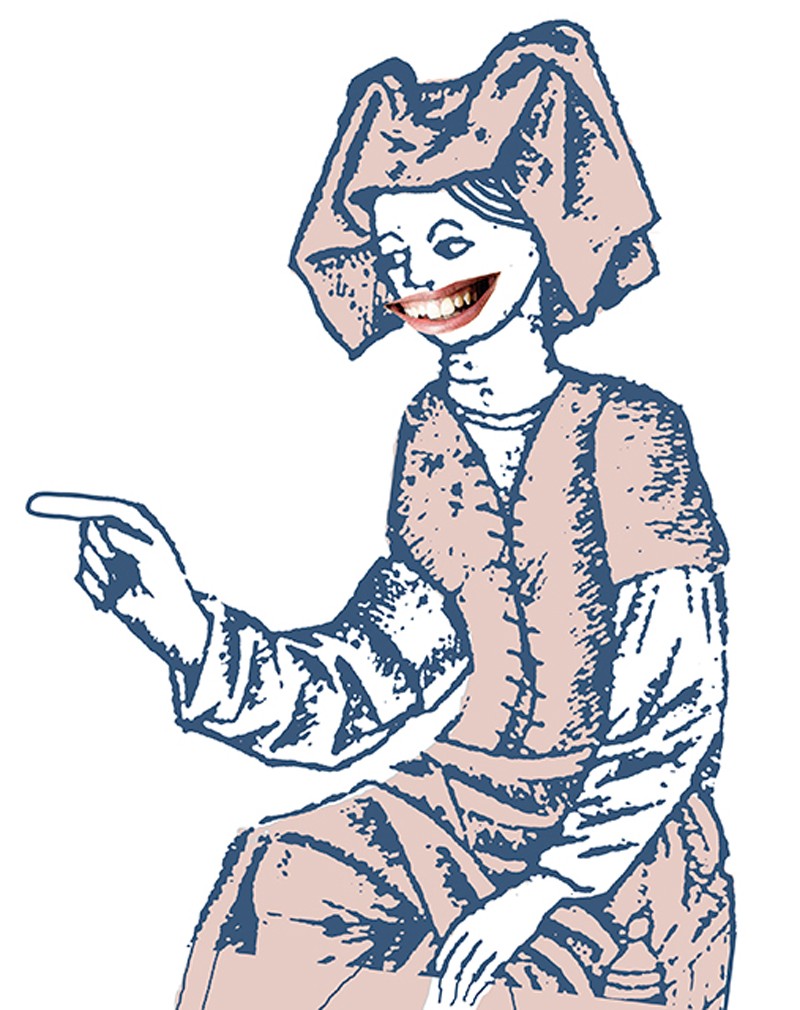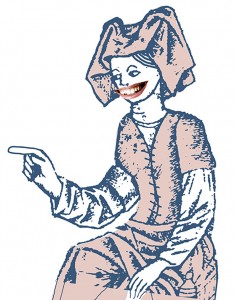Norse elites in the 13th century made use of laughter quite deliberately – and it resounded most loudly when it was at someone else’s expense. The things that medieval elites considered amusing can act as a window on their interpersonal relations: humour created a form of group solidarity and a clear distinction between friends and foes, thus revealing the power and value of entertainment.
This is according to Beate Albrigtsen Pedersen, Department of Archaeology, Conservation and History at the University of Oslo. Pedersen seeks to explore what entertainment and comedy meant to Norwegian and Icelandic society and politics in the 13th century. There has been little research into the role of humour in medieval Norse society and how the forms of humour changed over time.
The historian believes that knowledge about the jesting and spite favoured by the aristocracy can help us better understand the society and people of the 13th century.
http://www.pasthorizonspr.com/index.php/archives/02/2015/norse-humour-in-the-13th-century


